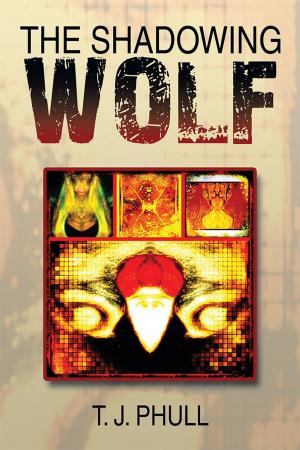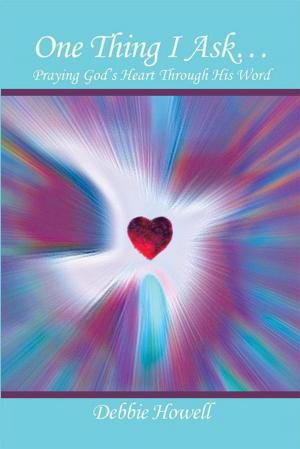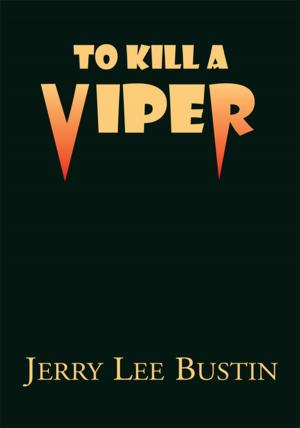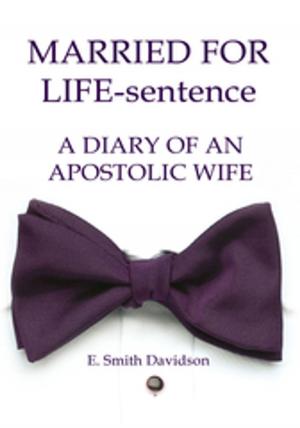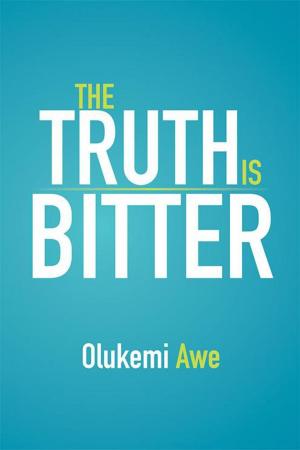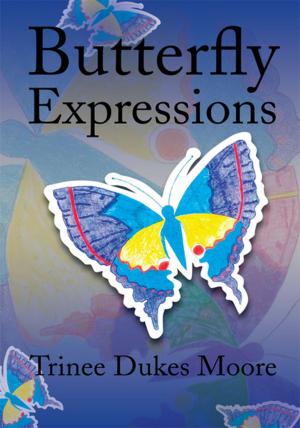| Author: | A. Brian Lasater | ISBN: | 9781465332714 |
| Publisher: | Xlibris US | Publication: | December 23, 2005 |
| Imprint: | Xlibris US | Language: | English |
| Author: | A. Brian Lasater |
| ISBN: | 9781465332714 |
| Publisher: | Xlibris US |
| Publication: | December 23, 2005 |
| Imprint: | Xlibris US |
| Language: | English |
About my book: Although there is nothing new under the sun, it is always useful to reevaluate old ideas and principles and express them in new and original ways. There are many books on the Kabala, but based on what I have seen and read, there is room for a comprehensive approach. Many authors leave out fundamental princi- ples altogether, like the authors who dont even mention the celestial bodies and the Zodiac. On the other hand, scholars of mythology, generally, do not even refer to astrology and the Kabala and, apparently do not recognise that the celestial bodies were the principle gods of the ancient pantheon. My approach has been to briefly discuss some of the fundamental elements of the old theologies and relate them to astrology and the Kabala from a modern perspective. Thus I have laid an essential foundation for the Kabala and astrology, and placed them the context of Greek and Roman mythology. Since I have adopted a broad perspective, the reader has a basis for pursuing these subjects in a variety of ways. I have not seen any other book that relates astrology and the Kabala to Greek and Roman mythology, the Bible, and then relates these to Mesopotamian and Egyptian mythology. The ancient theologies have many fundamental elements in common and these form key parts of the foundation of astrology and the Kabala. In addition, I have given a concise discussion of the Four Alchemical Elements, the Signs of the Zodiac and the Celestial Bodies, and placed them in a Kabalistic framework. To truly comprehend the Kabala and Astrology, it must be remembered that it is one com-plete whole, and it is broken down to make analysis practicable. Therefore I have discussed Creation and the Ten Sephiroth, the trinity in some of its forms as a sacred elements in Creation and in Man and Woman, the Four Elements and the Zodiac. Then from a mythological and theological perspective, I have looked briefly at Mesopotamia and Egyptian. As a counterweight to our cynical age, I have look-ed at the Golden Age of Atlantis, and the mythological heroes and heroines of the primordial past serve as exemplars, and encourage us to strive to attain some of Occidental Civilizations highest ideals. On the other hand, Atlantis is a warn-ingthe misuse of knowledge and power leads to the destruction of civilization. Further, from a theological and mythical perspective, the Sephiroth were divine in-struments used in Creation. On a more mundane level, the Kabala and astrology are a means to know ourselves and obey the injunction, Know Thyself that used to be inscribed on Apollos temple at Delphi. This book is based on the work of the ancients, whose writing is superb. The quotes in English, from the ancients, are the best part of the book, and it is a pleasure to read.
About my book: Although there is nothing new under the sun, it is always useful to reevaluate old ideas and principles and express them in new and original ways. There are many books on the Kabala, but based on what I have seen and read, there is room for a comprehensive approach. Many authors leave out fundamental princi- ples altogether, like the authors who dont even mention the celestial bodies and the Zodiac. On the other hand, scholars of mythology, generally, do not even refer to astrology and the Kabala and, apparently do not recognise that the celestial bodies were the principle gods of the ancient pantheon. My approach has been to briefly discuss some of the fundamental elements of the old theologies and relate them to astrology and the Kabala from a modern perspective. Thus I have laid an essential foundation for the Kabala and astrology, and placed them the context of Greek and Roman mythology. Since I have adopted a broad perspective, the reader has a basis for pursuing these subjects in a variety of ways. I have not seen any other book that relates astrology and the Kabala to Greek and Roman mythology, the Bible, and then relates these to Mesopotamian and Egyptian mythology. The ancient theologies have many fundamental elements in common and these form key parts of the foundation of astrology and the Kabala. In addition, I have given a concise discussion of the Four Alchemical Elements, the Signs of the Zodiac and the Celestial Bodies, and placed them in a Kabalistic framework. To truly comprehend the Kabala and Astrology, it must be remembered that it is one com-plete whole, and it is broken down to make analysis practicable. Therefore I have discussed Creation and the Ten Sephiroth, the trinity in some of its forms as a sacred elements in Creation and in Man and Woman, the Four Elements and the Zodiac. Then from a mythological and theological perspective, I have looked briefly at Mesopotamia and Egyptian. As a counterweight to our cynical age, I have look-ed at the Golden Age of Atlantis, and the mythological heroes and heroines of the primordial past serve as exemplars, and encourage us to strive to attain some of Occidental Civilizations highest ideals. On the other hand, Atlantis is a warn-ingthe misuse of knowledge and power leads to the destruction of civilization. Further, from a theological and mythical perspective, the Sephiroth were divine in-struments used in Creation. On a more mundane level, the Kabala and astrology are a means to know ourselves and obey the injunction, Know Thyself that used to be inscribed on Apollos temple at Delphi. This book is based on the work of the ancients, whose writing is superb. The quotes in English, from the ancients, are the best part of the book, and it is a pleasure to read.

